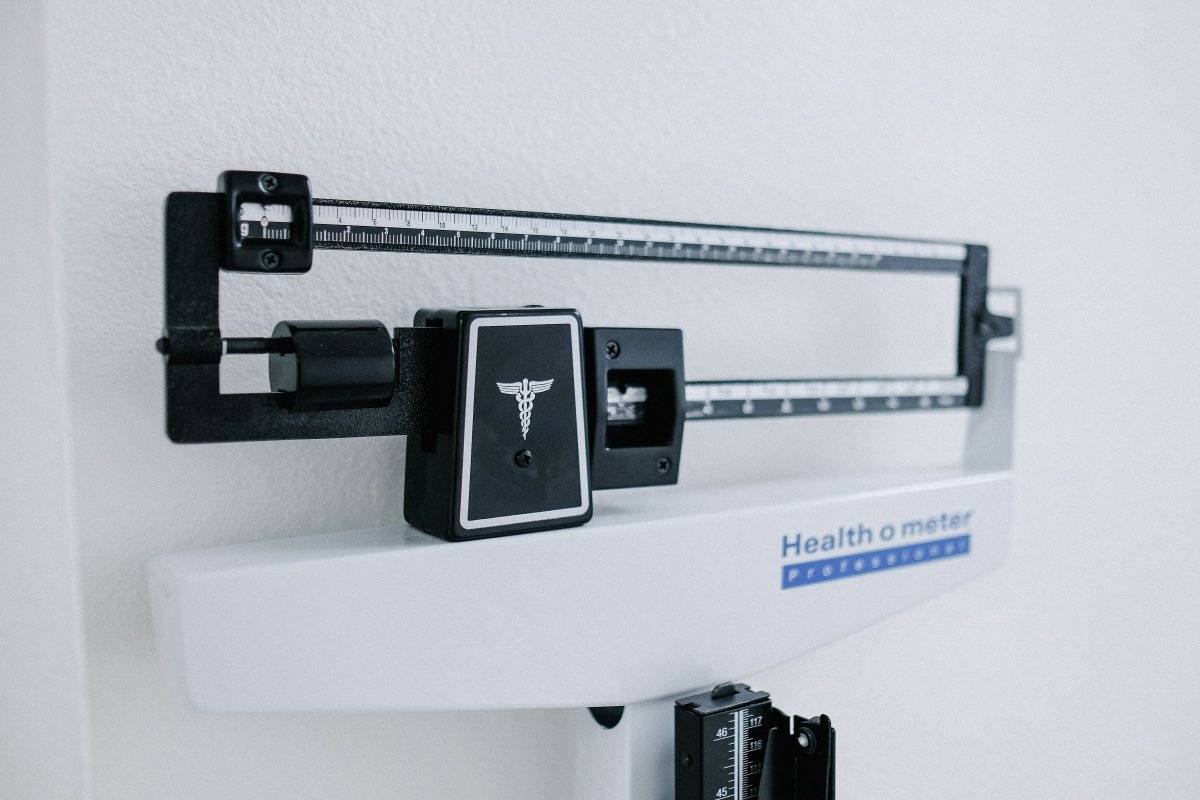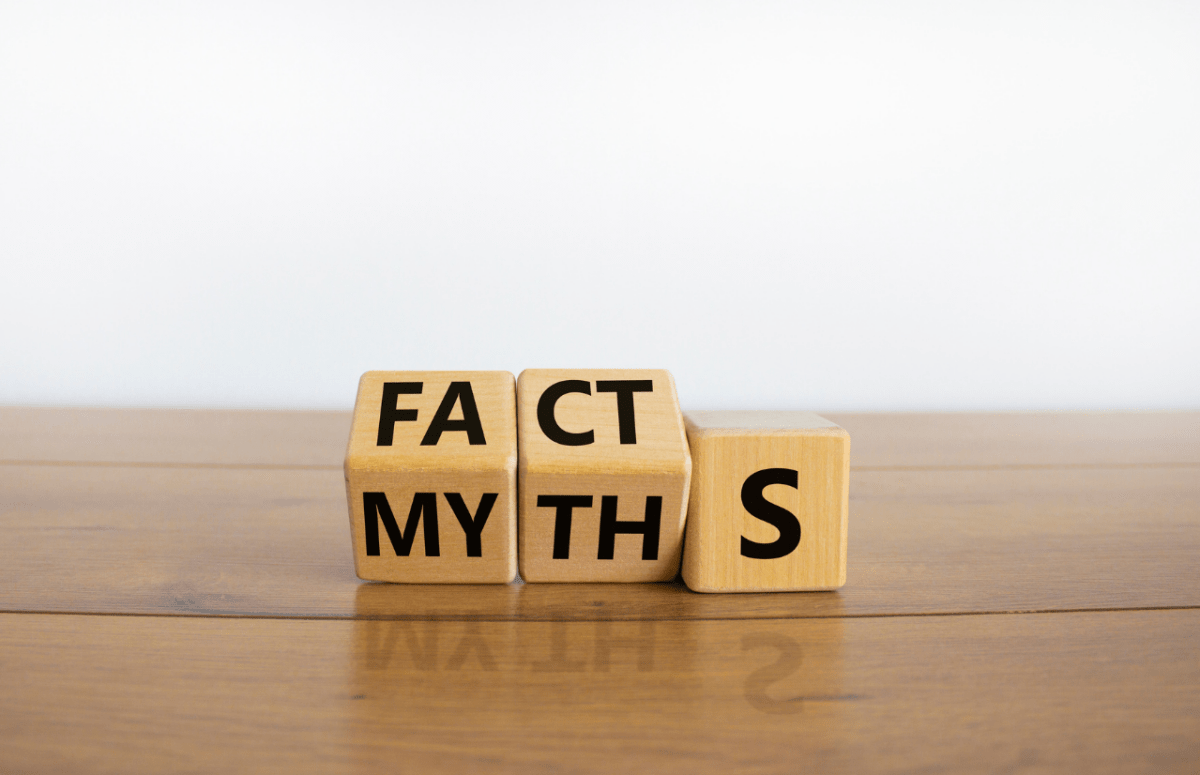The Basics – What Is a Caloric Deficit?
A caloric deficit occurs when your body burns more energy than it consumes. This is the fundamental requirement for weight loss. However, not all deficits are created equal. Without the right macronutrient balance—particularly adequate protein intake—you may lose more than just fat.
“A hypocaloric diet can result in the loss of both fat mass and lean body mass unless dietary protein is increased.”
— Pasiakos et al., Journal of Nutrition, 2013 [1]
Protein’s Role in Protecting Muscle During Weight Loss
In a deficit, your body looks for energy sources, and without sufficient protein, it may break down muscle tissue. This reduces your metabolic rate over time, making it harder to sustain weight loss.
Research shows that consuming 1.6–2.2g of protein per kg of body weight helps maintain lean muscle during energy restriction. Muscle preservation is not just about aesthetics—it's crucial for hormonal health, strength, and long-term metabolic stability.
“Higher protein intake during caloric restriction reduces loss of lean mass and promotes fat mass loss.”
— Hector & Phillips, Applied Physiology, Nutrition, and Metabolism, 2018 [2]
The Satiety and Thermogenic Advantage of Protein
Protein-rich diets also help with appetite regulation. Protein has a higher thermic effect (20–30%) than carbs or fats, meaning your body burns more calories digesting it. Additionally, it promotes satiety hormones like PYY and GLP-1, which reduce hunger.
“Protein intake significantly enhances satiety and reduces subsequent energy intake compared to carbohydrate or fat.”
— Westerterp-Plantenga et al., Obesity Reviews, 2009 [3]
How to Correct Your Deficit – Smart Strategies
If you're cutting calories but not seeing fat loss—or worse, losing muscle—it may be time to re-evaluate your protein intake. Try these tips:
-
Aim for 1.6–2.2g protein/kg body weight
-
Include protein in every meal/snack
-
Prioritise lean meats, dairy, eggs, legumes, soy, and high-quality plant sources
-
Use protein supplements only when needed to meet targets
A deficit is a tool, not a punishment. Fuel your body with the right nutrients and your fat loss will be healthier and more sustainable.
If you are looking at beginning your weight loss journey, with these strategies in mind, start your consultation today.
References
[1] Pasiakos, S. M., et al. (2013). "Higher protein intake preserves lean mass during weight loss." The Journal of Nutrition, 143(5), 591–596.
[2] Hector, A. J., & Phillips, S. M. (2018). "Protein recommendations for weight loss in elite athletes." Applied Physiology, Nutrition, and Metabolism, 43(6), 574–581.
[3] Westerterp-Plantenga, M. S., et al. (2009). "High protein intake sustains weight maintenance after body weight loss in humans." Obesity Reviews, 10(3), 231–238.





Partager:
Le régime végétalien surpasse le régime méditerranéen : pourquoi adopter un régime végétalien est-il bénéfique pour la perte de poids et la santé ?
Protein and Portion Control - The Winning Combo